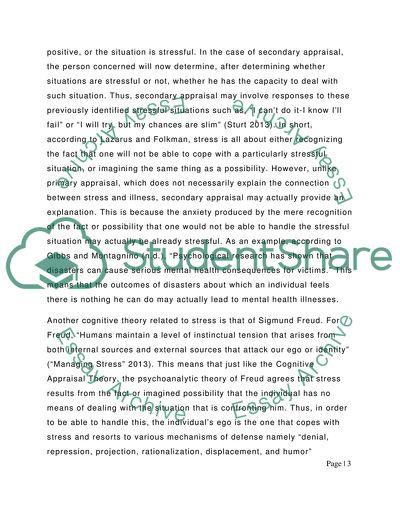Cite this document
(Psychology and health Literature review Example | Topics and Well Written Essays - 2000 words - 1, n.d.)
Psychology and health Literature review Example | Topics and Well Written Essays - 2000 words - 1. https://studentshare.org/psychology/1794053-psychology-and-health
Psychology and health Literature review Example | Topics and Well Written Essays - 2000 words - 1. https://studentshare.org/psychology/1794053-psychology-and-health
(Psychology and Health Literature Review Example | Topics and Well Written Essays - 2000 Words - 1)
Psychology and Health Literature Review Example | Topics and Well Written Essays - 2000 Words - 1. https://studentshare.org/psychology/1794053-psychology-and-health.
Psychology and Health Literature Review Example | Topics and Well Written Essays - 2000 Words - 1. https://studentshare.org/psychology/1794053-psychology-and-health.
“Psychology and Health Literature Review Example | Topics and Well Written Essays - 2000 Words - 1”. https://studentshare.org/psychology/1794053-psychology-and-health.


